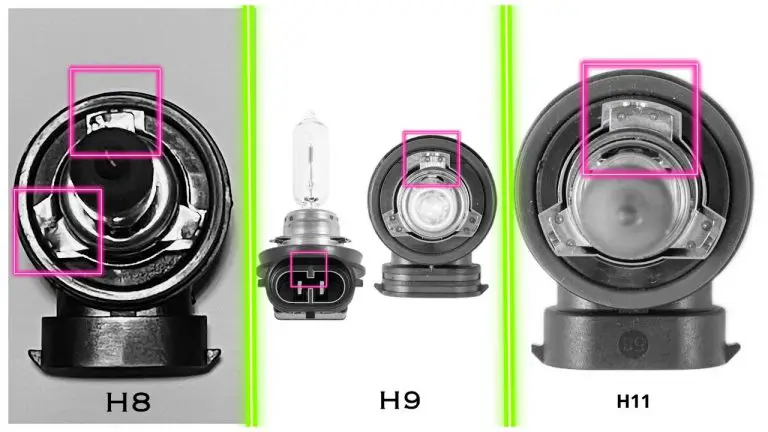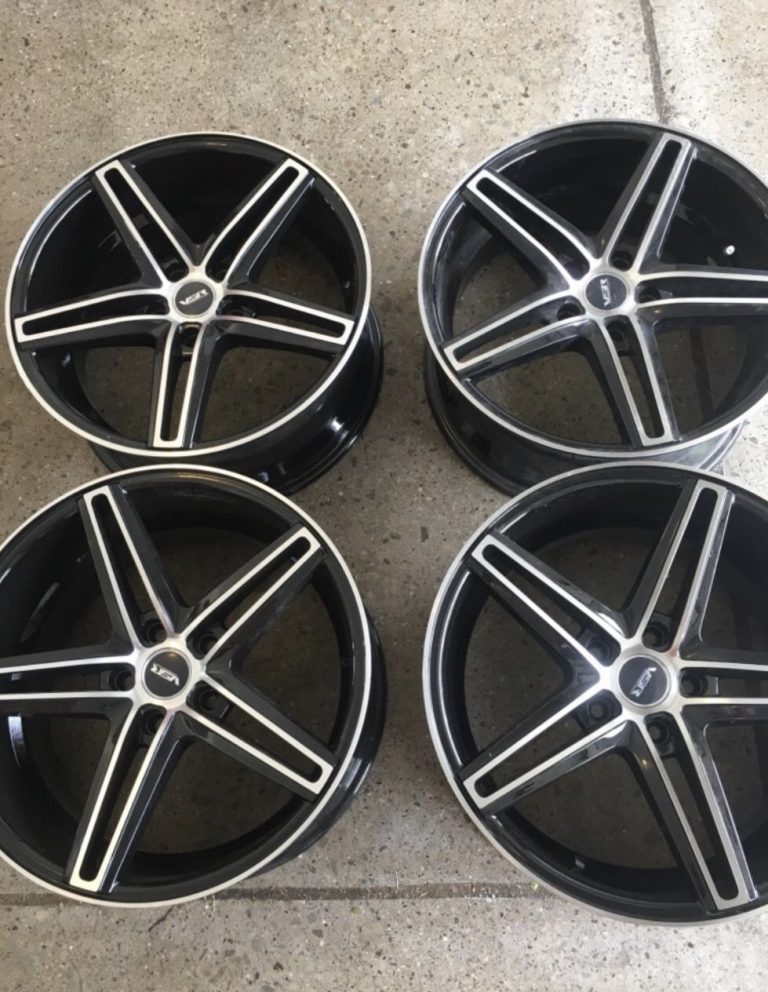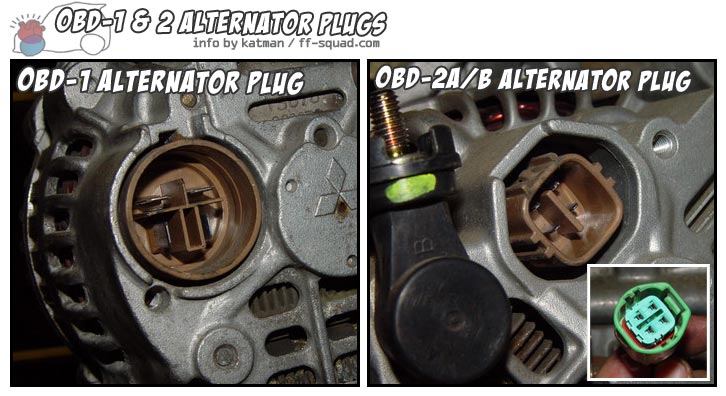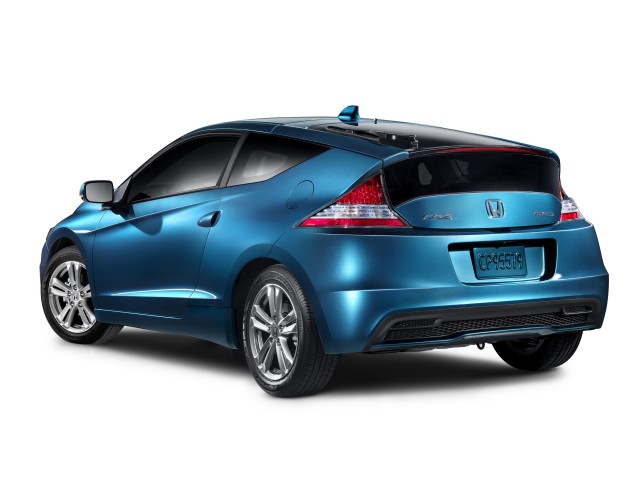The Civic is one of the most reliable cars on the market, but there are some significant differences between the 1.5 and 2.0 models when it comes to reliability.
The 1.5 engine is more reliable than the 2.0, but it doesn’t have as much power and can be less fuel efficient. The 2.0 engine is more powerful and fuel-efficient, but it’s not as reliable as the 1.5. There are pros and cons to both engines, but overall, the 1.5 is more reliable than the 2.0.
The 1.5 engine is the newer of the two options and offers excellent fuel economy. If you’re looking for a Honda Civic that will save you money at the pump, then this is the engine for you. The 2.0 engine offers more power and performance, making it the better choice if you’re looking for a sportier ride. However, this comes at the expense of fuel economy.
Both engines are incredibly reliable, but the 1.5 does have a slight advantage thanks to its newer design. Ultimately, the decision comes down to your personal preferences and needs.
If you want an efficient and inexpensive Honda Civic, go with the 1.5 engine.
2016 Honda Civic 1.5 TURBO 250000km REVIEW!! Are They Reliable? Maintenance!! Upgrades! 10th Gen Ext
Is the Honda 1.5 Liter Turbo Engine Reliable?
The Honda 1.5 liter turbo engine is a reliable engine that has been used in a variety of vehicles. This engine provides good power and torque and is able to run smoothly even at high speeds. There have been no major reports of reliability issues with this engine, making it a good choice for those who are looking for a reliable turbocharged option.
What is the Difference between 1.5 L And 2.0 L Engine Honda?
If you’re considering a Honda with either a 1.5- or 2.0-liter engine, there are several important differences to be aware of. The most significant difference is that the 2.0-liter engine offers significantly more power than the 1.5-liter engine. In fact, the 2.0-liter engine produces nearly double the horsepower and torque of the 1.5-liter engine.
As a result, the 2.0-liter engine provides much better acceleration and overall performance than the 1.5-liter engine.
Another key difference between these two engines is fuel efficiency. The 1.5-liter engine is slightly more fuel efficient than the 2.0-liter engine in most driving conditions.
Is Honda 2.0 Civic Reliable?
The 2020 Honda Civic is one of the most reliable cars on the market. It has a wide variety of features that make it a great choice for anyone looking for a reliable car. The 2020 Civic has an impressive list of standard safety features, including adaptive cruise control, automated emergency braking, and lane departure warning.
It also comes with a variety of advanced driver assists that can help you avoid accidents. The 2020 Civic is also available with Honda Sensing, which is an optional suite of driver assists that includes traffic sign recognition, lane keeping assist, and automatic high-beam headlights. If you’re looking for a reliable car that comes packed with safety features and advanced driver assists, the 2020 Honda Civic is an excellent choice.
Honda Civic 1.8 Vs 1.5 Turbo Fuel Consumption
When it comes to fuel consumption, there is a big difference between the Honda Civic 1.8 and the 1.5 Turbo. The 1.8 will use up to 8L/100km while the 1.5 Turbo only uses up to 6L/100km. This means that you will save money on fuel if you choose the 1.5 Turbo over the 1.8.
Read also: Honda Civic Si Vs Scion Tc
Honda Civic 1.5 Turbo Maintenance
The all-new 10th generation Honda Civic is here, and one of the most anticipated models is the 1.5 Turbo. This turbocharged powerplant is capable of producing 205 horsepower and 192 lb-ft of torque, making it the most powerful Civic ever made. But as with any turbocharged engine, there are some special considerations that need to be made when it comes to maintenance.
Here’s a look at what you need to know about maintaining your Honda Civic 1.5 Turbo. 1) Change your oil regularly – One of the most important things you can do for any turbocharged engine is to change the oil regularly. The oil helps to lubricate the engine and keep everything running smoothly, but it also helps to cool the turbocharger itself.
That’s why it’s important to use a high-quality oil that has been designed for use in turbocharged engines. We recommend changing your oil every 5,000 miles or so, but consult your owner’s manual for specific recommendations. 2) Check your tire pressure – Another important thing to keep an eye on with any car, but especially a turbocharged one is tire pressure.
The extra power produced by the turbocharger puts additional stress on the tires, so it’s important to make sure they are properly inflated at all times. Check your owner’s manual for recommended tire pressure levels and check them regularly with a gauge just to be safe. 3) Monitor your boost levels – One of the great things about driving a turbocharged car is feeling that rush of acceleration when the boost kicks in.
But too much boost can be dangerous for your engine, so it’s important to keep an eye on those levels using a gauge or monitor if possible.
Honda 1.5T Reliability
Honda’s 1.5T engine is one of the most reliable engines on the market. It has a reputation for being incredibly durable and able to withstand years of abuse without skipping a beat. This engine is often found in Honda’s performance cars, such as the Civic Type R and Accord Type S, but it can also be found in their more mundane models like the CR-V and Odyssey.
Despite its reliable reputation, there have been some reports of issues with the 1.5T engine. In particular, there have been a few instances of oil sludge build-up causing problems. This isn’t a widespread issue, but it’s something to be aware of if you own or are considering buying a car with this engine.
Overall, Honda’s 1.5T engine is an extremely reliable piece of machinery that should provide years of trouble-free driving. However, like all engines, it’s not immune to problems and you should keep an eye out for any potential issues that may arise.
Honda Accord 2.0 Vs 1.5 Turbo
The Honda Accord is a popular car for many reasons. It’s reliable, efficient, and has a comfortable interior. However, one of the most common questions we get asked is which engine option is best – the 2.0L or 1.5L Turbo?
To help answer this question, we’ve put together a side-by-side comparison of the two engines. Keep reading to see how they stack up!
2.0L vs 1.5L Turbo: The Basics
The biggest difference between these two engines is their size. The 2.0L engine is a four-cylinder engine that displaces 2000cc, while the 1.5L turbocharged engine is a three-cylinder engine that displaces 1500cc. This means that the 1.5L turbocharged engine is smaller and more compact than the 2.0L engine.
Another key difference between these two engines is their power output.
Honda Accord 1.5 Turbo Engine Problems
Honda has issued a recall for certain 2018 Accord vehicles equipped with 1.5-liter turbocharged engines. The recall affects approximately 500,000 vehicles in the United States and another 50,000 in Canada. Honda says that a software problem can cause the engine to stall without warning.
This can obviously create a serious safety hazard, so if you own one of these affected vehicles, be sure to take it to your local dealer as soon as possible to get it fixed. In the meantime, Honda is advising owners not to drive their cars until the problem has been resolved.
Conclusion
Honda’s Civic is one of the most popular cars on the market, and it’s available in two different engine sizes: 1.5 liters or 2.0 liters. So, which one is more reliable? According to Consumer Reports, the 1.5-liter engine is more reliable than the 2.0-liter engine.
They say that the 1.5-liter engine is less likely to have problems starting up, and it also has fewer issues with stalling and vibration. However, they also say that the 2.0-liter engine is more powerful and efficient, so it may be a better choice for some drivers. Ultimately, it comes down to personal preference and what you’re looking for in a car.





